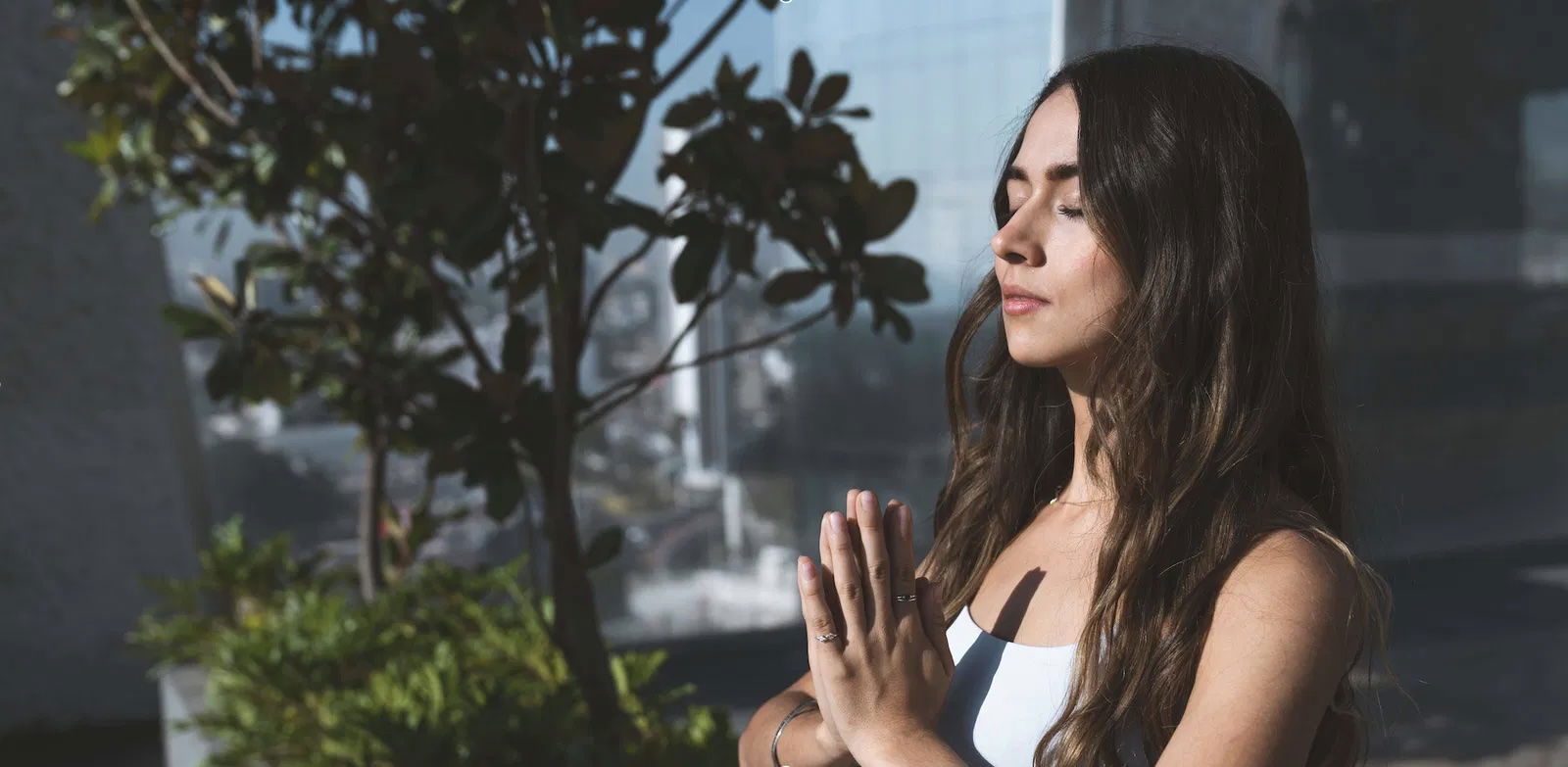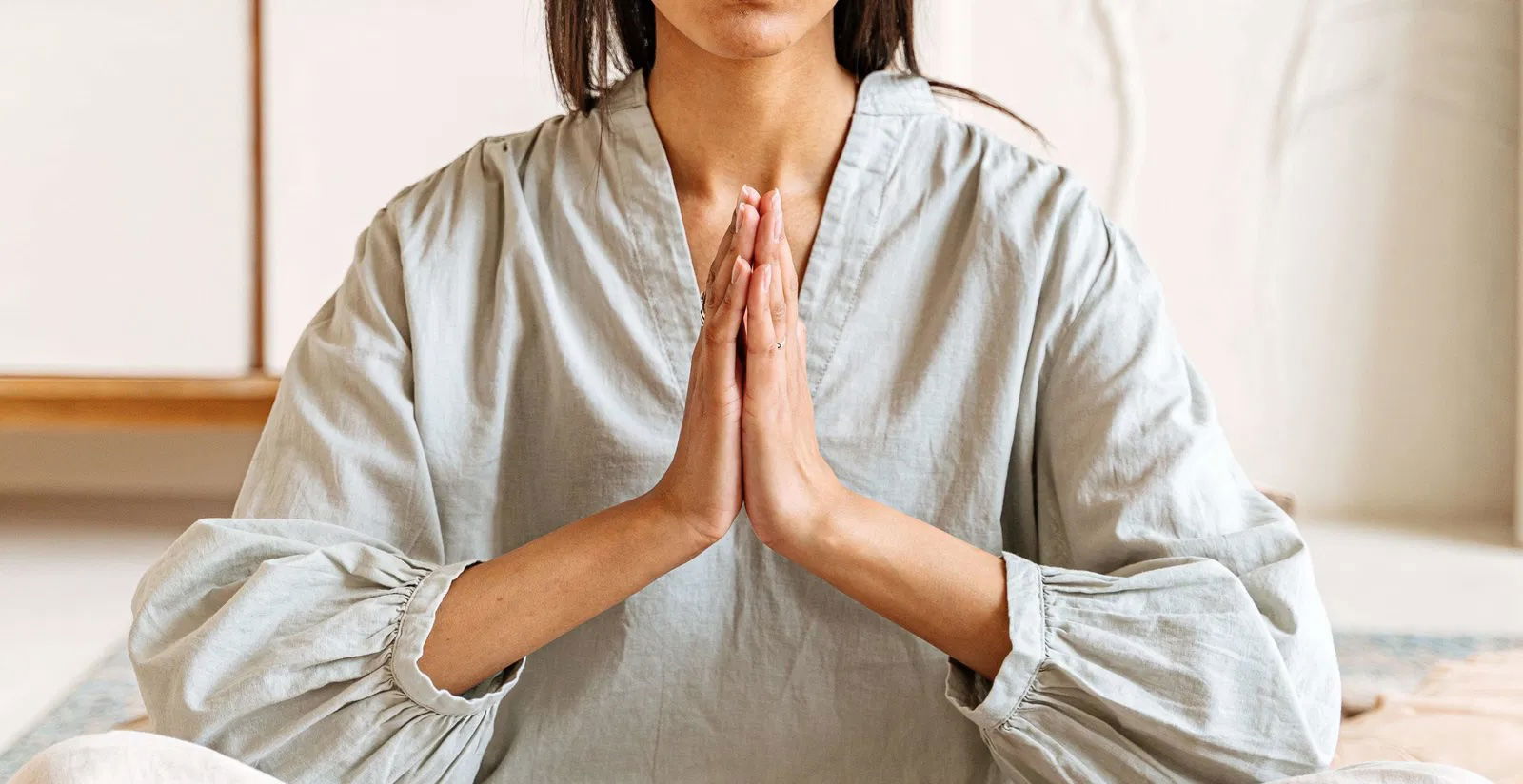This Cambridge study shows that meditation and mindfulness can offer great support during times of crisis such as the global COVID-19 pandemic.




The benefits of meditation during times of crisis: Changes in emotional states of anxiety and stress

Global crisis
Many entrepreneurs in the hospitality industry have had to close their business. Children and adolescents have lost the structure provided by school. Families experience financial stress due to job loss. Older people have been cocooned away and visiting restrictions are in place. People with pre-existing mental health conditions are feeling overwhelmed. Healthcare workers are busy and struggling to survive.
In other words, the global pandemic impacts all aspects of society. This creates challenges and causes widespread fear, anxiety, despair and anger.
Meditation and mindfulness
When everything around you seems to be falling apart, it is important to develop resilience. Resilience is essential when dealing with adversity and uncertainty. Meditation and mindfulness are ways to build mental toughness.
Mindfulness means being aware of the present moment. Live and ground yourself in the “present moment", with full awareness and consciousness. There are several techniques and exercises to build mindfulness, such as breathing excersises, the body scan, the use of mantras or movement such as walking meditation.
Meditation is one way to practice mindfulness. It can produce a tranquil mind and increase self-awareness and awareness of your surroundings. While meditating you also become aware of what is happening in the present moment. You allow thoughts to come and go without trying to hold on to them. You don't let the spiral of thoughts get to you, but you observe and allow the spiral to fall away. You will become aware of thinking patterns and try to find the calm and stillness that follows.

Managing your emotions
A study published in the Cambridge University Press1 shows that meditation and mindfulness have a positive impact on people during the COVID-19 crisis.
During this crisis many people have experienced emotions like fear and despair. This is normal during a global pandemic that has no certain end date.
According to this study, regular practice of meditation allows individuals to react to their environment and anything that arises in the course of their day more calmly and in a more balanced way. Studies of people who have meditated for a longer period of time show changes in areas of the brain associated with anxiety and stress (2).
The hippocampus, cingulate cortex, and prefrontal cortex show increased activity in people who meditate regularly. The amygdala - the area involved in the processing of emotional responses - actually shows less activity. In other words, these people are better at regulating their emotions.
The same study shows that mindfulness-based therapies (such as MBSR and MBCT) significantly reduce anxiety, depression and stress (3).
Change is the only constant
So why does meditation and mindfulness seem to be so effective? The COVID-19 crisis proves that change is the only constant. Meditation and mindfulness teach us to observe our thoughts and let them pass. By mastering these skills, we learn not to get carried away by circumstances or fear, but to observe without judging. And remember, this crisis too shall pass.
Sources:
2 Afonso, RF, Kraft, I, Aratanha, MA, Kozasa, EH (2020). Neural correlates of meditation: a review of structural and functional MRI studies. Frontiers in Bioscience (Scholars Edition) 12, 92–115.
3 Montero-Marin, J, Garcia-Campayo, J, Pérez-Yus, MC, Zabaleta-Del-Olmo, E, Cuijpers, P (2019). Meditation techniques. Psychological Medicine 49(13), 2118–2133
















